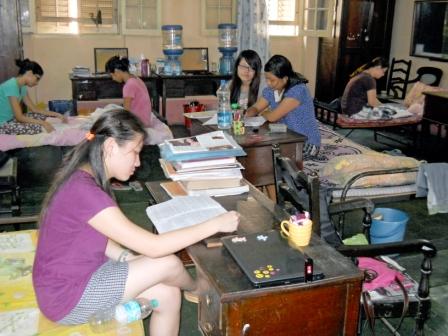PROJECT 1
Hospitals
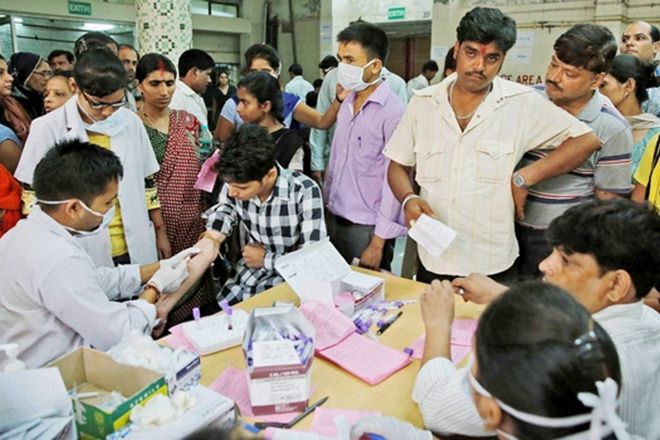
From this brief review it can be seen that the survival of the hospital as an institution reflects two quite different needs. The first derives from the rapid growth of advanced technology and clinical specia-lization. The resources involved, including humans and equipment, are scarce and expensive.
Hospitals pose many challenges to those undertaking reform of health care systems. They are, quite literally, immovable structures whose design was set in concrete, usually many years previously. Their configuration often reflects the practice of health care and the patient populations of a bygone era. Their incompatibility with present needs ranges from major design problems, such as a scarcity of operating theatres, to more minor problems, such as the lack of power sockets for the ever expanding number of electronic monitors.
It is not only the physical structure that is difficult to change. Hospital functions are also resistant to change, as illustrated by the persistence of large tuberculosis sanitoria in some countries long after they were required. Hospitals are staffed by the élite members of the medical profession who, in many cases, can use their excellent political connec-tions to oppose changes that threaten their interests. An environment that is technically complex, sur-rounded by much uncertainty, and which contains information asymmetry, only enhances the mystique of the medical professional and often leaves the outsider confused and perplexed.
In rural areas hospitals having insuficient instruments, machineries, shortage of dostors,unqualibility of nurses, unavailibity of beds to the patients and many more. Problems faced by poor peoples. Hence we charitable trust decided to help the poor society. We construct new hospitals with fully facilitated of instruments, doctors, etc. to these society with no charge.
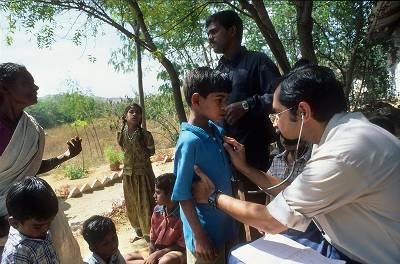
PROJECT 2
Schools
We believe schools serve a few very important functions: basic numeracy and literacy, broadening of mind, and socialisation (since children from widely different backgrounds meet and interact regularly).
But nowadays, because of unhealthy over-emphasis on a child’s future money-spinning ability, schools are also producing stress and dysfunction. To that extent, the cause of “good education” or “all-round education” is not served. In my opinion, during school years a child should not be burdened by huge expectations about future “success” (that is, in society’s code language, “money”).
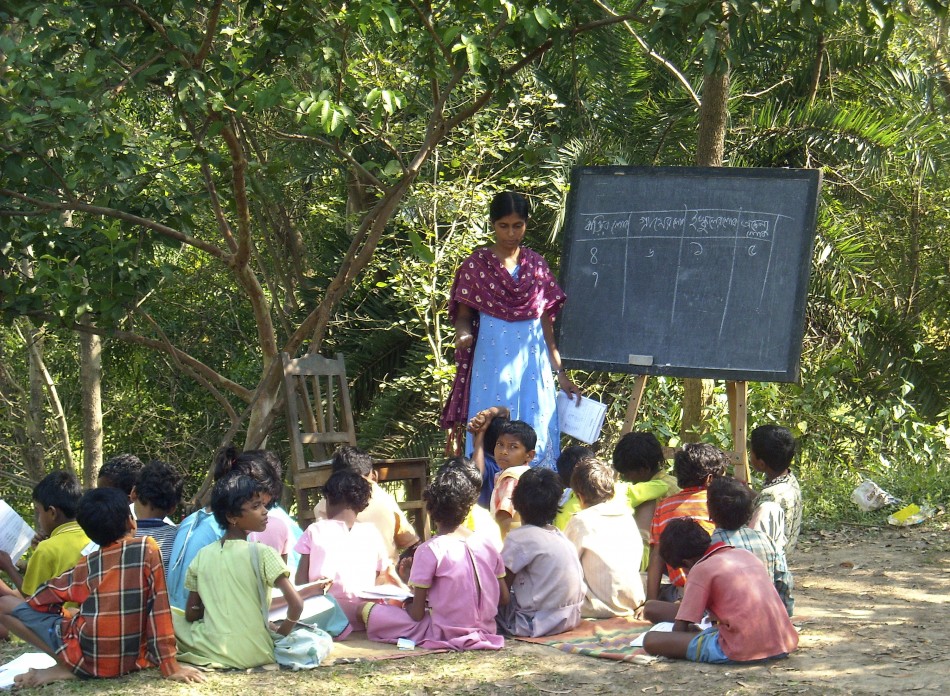
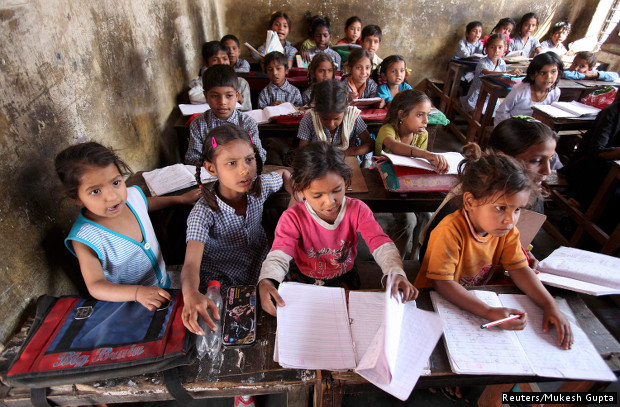
Schools have always been learning centres. Pure and fun learning should be the focus of schools rather than focusing on making money out of a pompous show. In the ages gone by India had Gurukuls where students had virtually nothing to distract them and no luxuries at all. Learning happens best in a disciplined atmosphere. there should be no dearth of love and concern in a school but discipline should be the prime focus. In the present society schools act as both learning centres and a place for interacting with other members of society. If the balance is maintained then an ideal school can contribute largely to society.
Well, first in school we learnt and at the same time acquired information. Thus, helping us to be more able to understand things and develop skills benefiting us to do many things in life such as cooking, drawing, writing, reading and so much more. Without school (education) we would not be able to do so.
In rural areas, schools were undeveloped as they were not having drinking water facility, no proper benches for students to sit, no electricity etc. So we charitable trust desided to help such people & makes all facilities easily available to them like drinking water, electricity, benches etc. We will construct new schools with all facilities for child to study with no charge
PROJECT 3
Food & Shelter
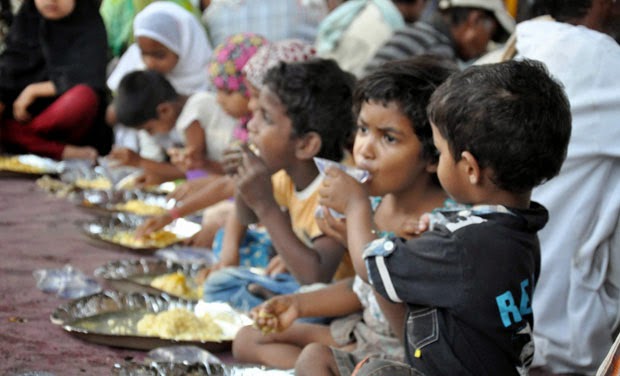
It is been accepted by our society that basic necessities of our life are food, clothing and shelter. Ethics is equally important to food. But nowadays, the importance of ethics is fading, you get to see so many crimes in our society. Murders, kidnapping, robbery. Most of the time the reason of such crime is money. In such situations its hard to say that ethics comes first then food. We say Man is a social animal. We eat to live not live to eat. We earn and we eat, but animals the case is different.
the first stage is food, shelter and cloth and then comes the other needs. A man has to first work for his survival and other basic needs which include ethics. If man has fulfilled first stage of his need then comes moral duties in the society in which he lives to keep healthy environment and peace. Ethics is also important because if a man do not have ethics he will indulge in theft, stealing of food, robbery for his survival which will be harmful to the society and human existence will be jeopardanized. For example, if we analyse the economy of japan than we will notice that after world war2 the country was defeated and its economy was shattered but people of japan do not give up and with the available resources of food, cloth and shelter and discipline in work raised the country among top of the economy of the world.
For a Poor or a hungry man Food is the main thing to be fulfilled. He hunts for whatever way he can find it. It also depends on the character of the person if he wants to get that in nice way by putting ethical values in mind by giving respect to the society where we live.
Food and water are obvious fundamental needs to keep the body alive, because body needs nutrients and water to work properly. If the body gets enough nutrient and enough fresh healthy food you will keep it in good condition.
In India, there were a number of childrens having no parents. They are Orphans. Mostly they facing of problem of food, shelter & education too. THey are forcing to work in in their small age. most of orphan childens facing child labour problem. Food & Shelter are basic things to survive but orphans face these problems mainly.
So we charitable trust decided to provide food, shelters & education to offer childrens with free of cost.
Mentally retired childrens also facing above problems, We decided to constructs school for them which will gives them education along with shelters & food.
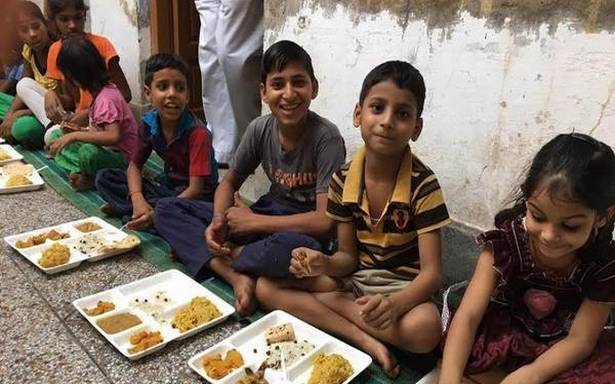
PROJECT 4
Old Age Home
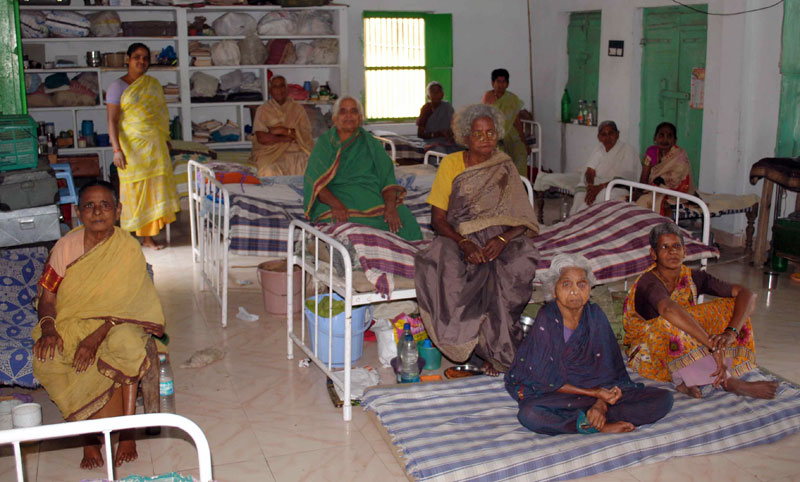
At present 95 million people in India are above the age of 60, by the year 2025 nearly 80 million more will be added to this population bracket. With improved life expectancy rate in our country, it’s estimated that as many as 8 million people are currently above the age of 80 years. Changing family value system, economic compulsions of the children, neglect and abuse has caused elders to fall through the net of family care. Homes for the Aged are ideal for elderly people who are alone, face health problems, depression and loneliness.
We know that when children leave their parents these parents would be alone in their homes. The staying of these old parents at home has greatly larger disadvantages. There would be only some protection for these old people since some has memory loss and some has problems in vision. So this would lead to many problems. Also they cannot fight a burglar if one enters into the homes. So we can see that there is no protection for these old people in their homes.
This is also the place where the old age homes come in. These old age homes provide much and more protection to these old people than that of their homes. This is because here in these old age homes there would be probably a large number of people who can depend on each other. There may be also volunteers here who care for this old people. Today the protection is doubled since most of these old age homes are run down by many religious communities. Thus old age homes are important in modern society.
In India, old age homes are very less & one is having less facilities. We decided to develop more old age homes with fully facilitated things. We provide caring nature staff with medical facilities & high quality of life to older.
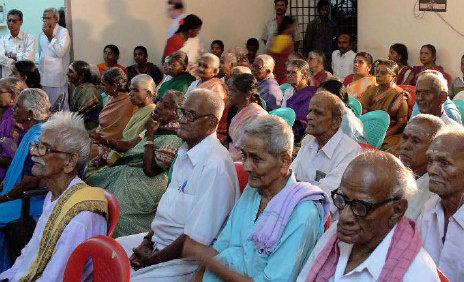
PROJECT 5
Hostales for Women
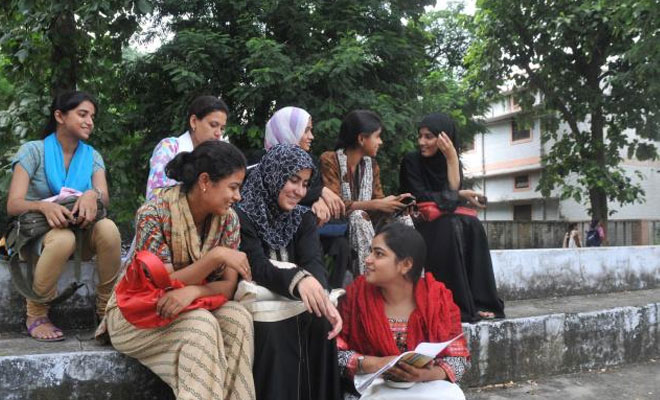
Policy debates on shelter for women have focused on family structure, gender roles and the importance of shelter in women’s economic development. They emphasize the need for shelter that is generally effective and empowering for women. Although valuable, these general policy proposals are often unable to account for the particular situations in specific cultural contexts in which family structure, roles and economic development are reshaped by women’s migration, and where cultural mandates for, and family-based control of, women’s shelter are re-articulated.
While only partially effective and empowering in ways that are specified within the current debates, hostels offer a significant policy opportunity to help women both expand their personal, social, economic and political universe without losing contact with the familiar and nurturing networks of family, and gain autonomy over their shelter and lives. The article discusses how hostels can provide a stepping stone for policy and programmatic interventions toward decent, secure and empowering shelter for women.
Hostels are perhaps the oldest institution for homeless people, existent long before there were any explicit policies to mitigate and resolve homelessness. They emerged as a response to some effects of industrialisation and urbanisation in the 19th century.
Women's hostel is very less in India so this effect on women's empowerment. As in India most of womens are working & they need secure place to stay. We decided to develop hostels for women & encourage them for empowerment & to prevent female child & their security of life.
